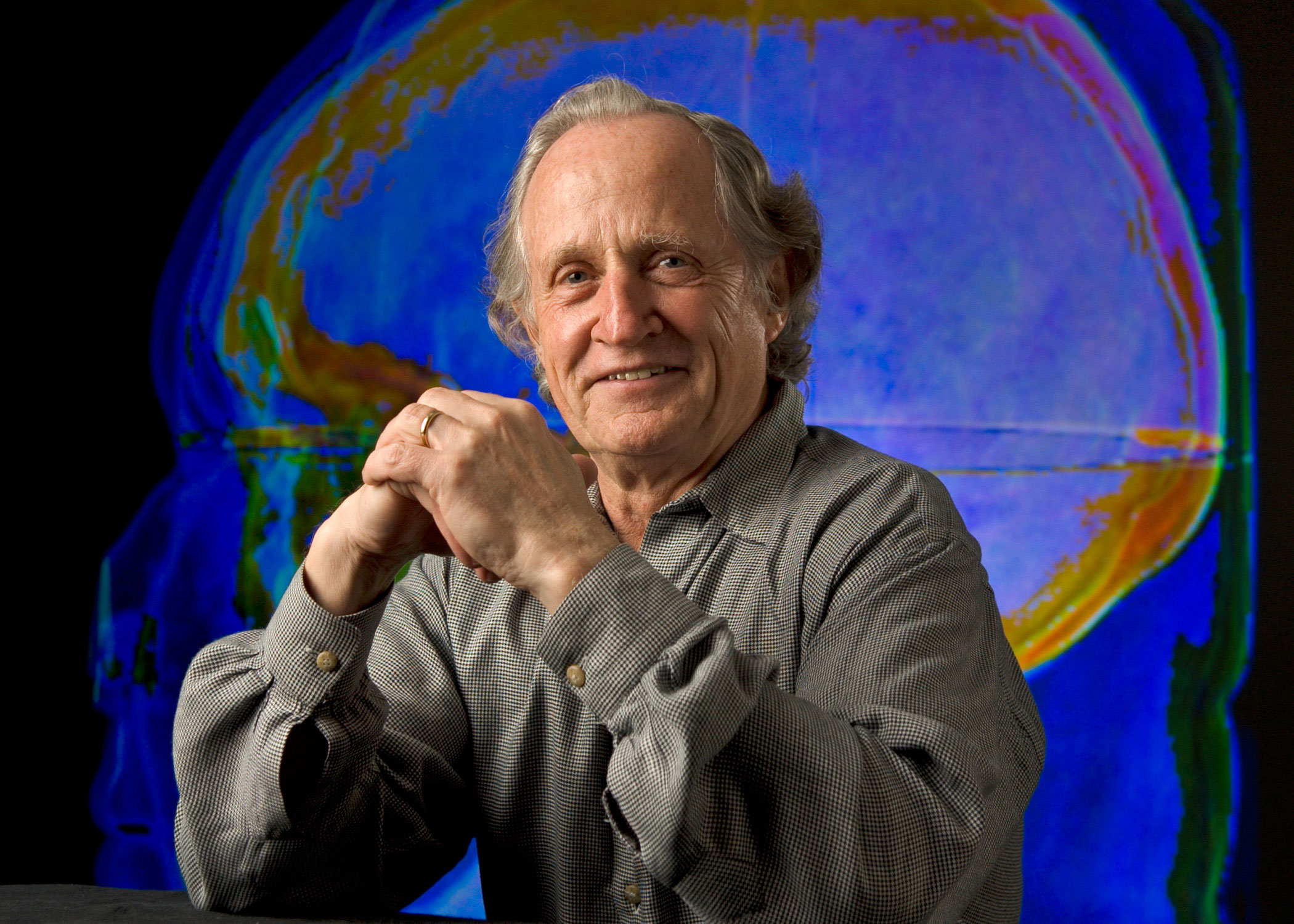Nobel Laureate to kick off Virginia Tech Carilion Research Institute's public lecture series

Modeling human disease, extending the average human lifespan to a century, unlocking clues to brain plasticity — these intriguing propositions signal the start of the sixth annual season of the Virginia Tech Carilion Research Institute’s Distinguished Public Lecture Series.
The public lecture series brings national leaders in biomedical and health research to Roanoke. In their talks, these experts will discuss both realized and potential implications of cutting-edge research.
Mario Capecchi, the 2007 Nobel Prize Laureate in Physiology or Medicine, will open the series Thursday, Nov. 12, by speaking about gene targeting in the modern age. Capecchi — also a distinguished professor of human genetics and of biology, as well as a Hughes Medical Institute Investigator, at the University of Utah School of Medicine — will discuss how human diseases, from cancer to neuropsychiatric disorders, can be modeled in the laboratory to develop new interventions.
The following lecture, on Dec. 10, will feature Marie Bernard, deputy director of the National Institute on Aging. Bernard will explore the possibility of extending the average human lifespan to 100 years with support of new evidence gathered by her institute.
Later in the series, Mary Hatten, the Frederick P. Rose Professor and director of the Laboratory of Developmental Neurobiology at Rockefeller University, will focus on the start of the human lifespan. She will share her research on the mechanisms of cerebellar development with a focus on the synaptic plasticity of the brain.
Other lectures in the series will cover topics including people-powered research, the fundamental rules of biological life, the importance of visualizing biological matters in three dimensions, and the interplay between stress and addictions.
“We’re pleased to welcome national leaders in biomedical and health research to the Virginia Tech Carilion Research Institute for another season of enlightening lectures,” said Michael Friedlander, executive director of the institute. “The seminar series will provide the Roanoke and New River Valley communities with a unique opportunity to learn from top experts in their fields, and we hope the community will join us.”
The free lectures will take place from 5:30 to 6:30 p.m. at the Virginia Tech Carilion Research Institute at 2 Riverside Circle in Roanoke. A free public reception will precede each lecture at 5 p.m. in the VTC Cafe.
Another of the institute’s ongoing series, the VTCRI Pioneers in Biomedical Research Program, features pioneering scientists in the field of biomedical research. This series, which is open to Virginia Tech faculty, staff, and students, features presentations on such topics as cancer stem cells, regeneration in spinal cord injuries, and how the human immune system remembers disease.
The institute’s third series, the Timothy A. Johnson Medical Scholars Series, highlights the work of clinician-scientists in the field of medicine. This series, cosponsored by the Virginia Tech Carilion School of Medicine, is open to Virginia Tech and Carilion Clinic faculty, staff, and students.
Written by Ashley WennersHerron.




